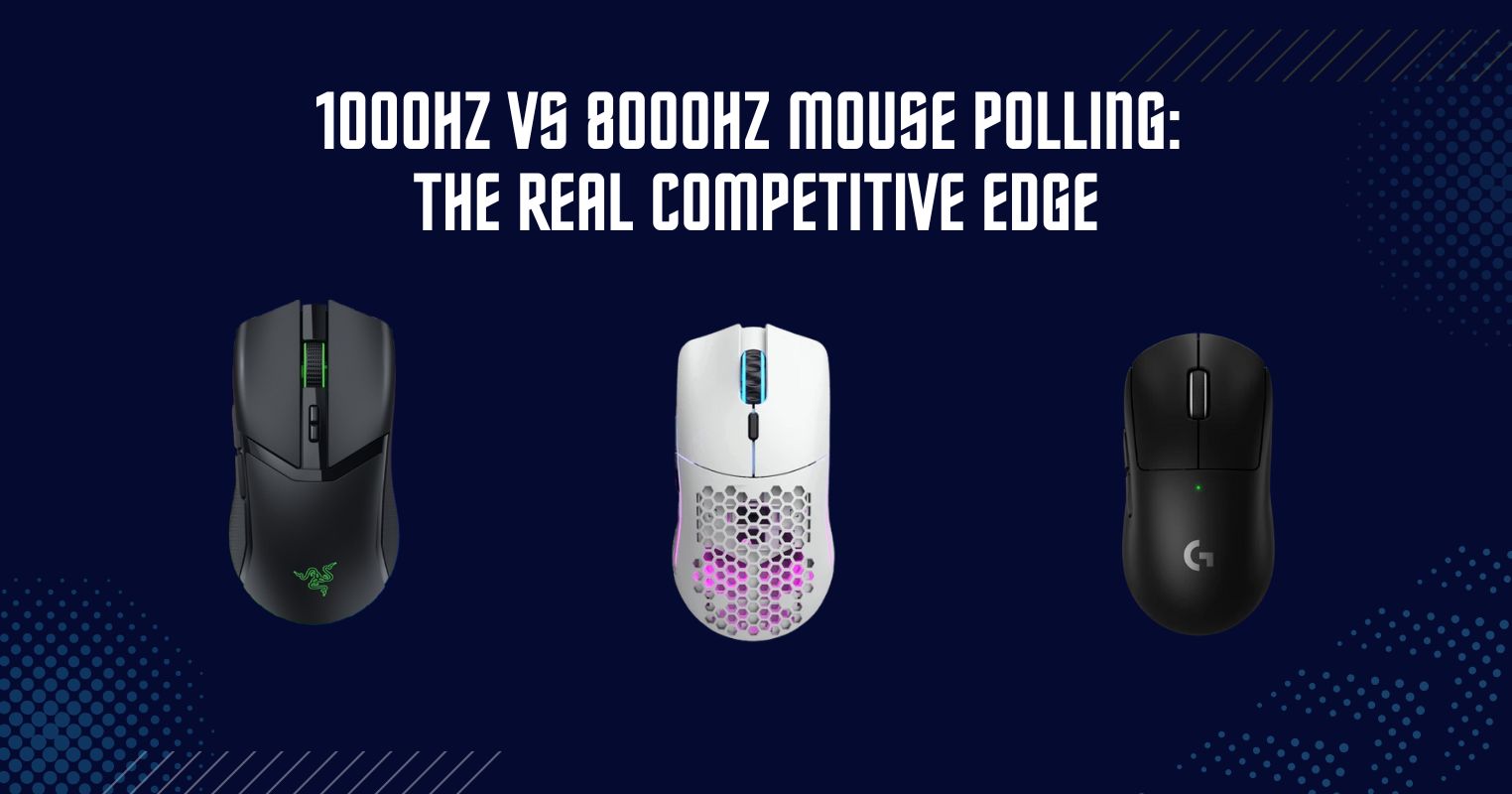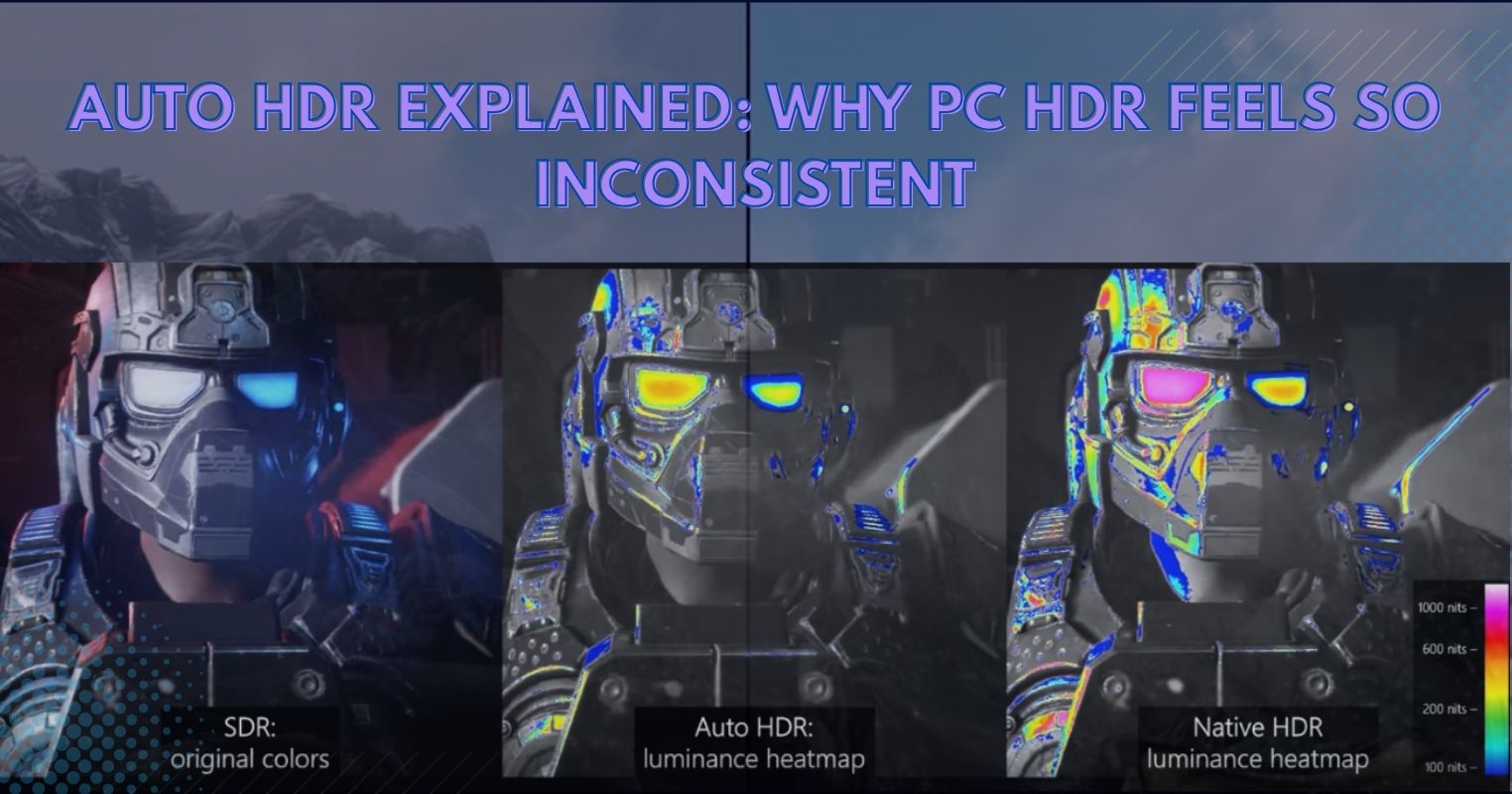- For most titles, minimum requirements represent the lowest hardware specifications required to run the game.
- Since there’s no real standard for these requirements, you might not necessarily get a playable experience when running at the minimum specifications.
- Minimum requirements for online games such as Fortnite can become irrelevant over time due to consistent graphical updates.
- Detailed specification sheets that specify the FPS and resolution target are mostly accurate; however, most developers tend to be a lot more vague with the listed requirements.
If you’ve been a budget PC gamer for a while, chances are, you rely on the listed minimum requirements for a game to check whether your system is able to handle it. If that’s the case, minimum requirements have also probably thrown you off guard a lot of the time.
On the one hand, you might even get better performance than you expected on hardware similar to the one listed in the minimum system requirements, while in other instances, the game might even fail to achieve a stable 30fps on the lowest graphical preset. So, do minimum requirements even mean anything, or are they mostly inaccurate?
What Do Minimum Requirements Represent?
When looking at the minimum requirements for a game, you should assume that this specification allows the game to run at the lowest possible settings while maintaining sub-par FPS. In most cases, this means that those who meet minimum requirements will most likely be able to run the game at 720p with 30 fps.
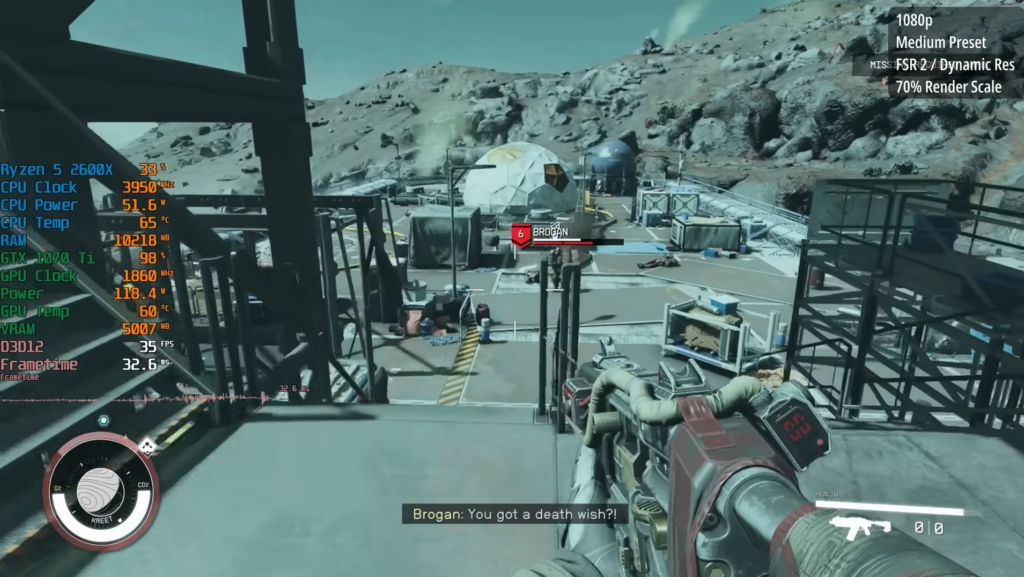
Of course, that can vary on a per-game basis, and there have been numerous exceptions to this. To put things into perspective, the Last Of Us Part 1 even failed to reach a stable 30fps during zWORMz’s testing with the minimum requirements. At the same time, a game like Battlebit closed in on 60fps when tested with minimum requirements.
Interestingly, many video game developers have started actually listing hardware requirements beyond the minimum or recommended specifications. Take Ghost Of Tsushima, for example, where Sony listed all hardware components you would need to achieve set performance targets at certain graphical thresholds.
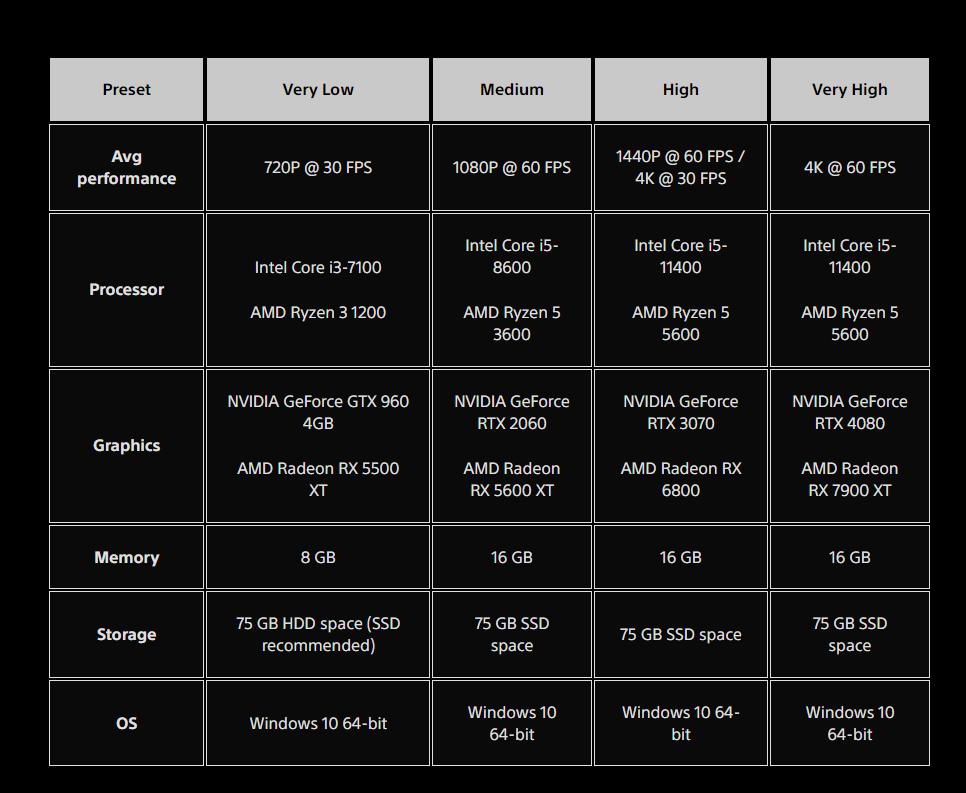
Detailed system requirements such as this make judging whether your hardware is sufficient a lot easier.
Minimum Requirements Can Change Overtime
For most games that receive constant updates, minimum requirements can largely become irrelevant as newer updates add resource-intensive assets and features. Fortnite proves to be a great example of this, providing a sub-25 FPS experience when zWORMz Gaming tested it with the minimum hardware specifications.
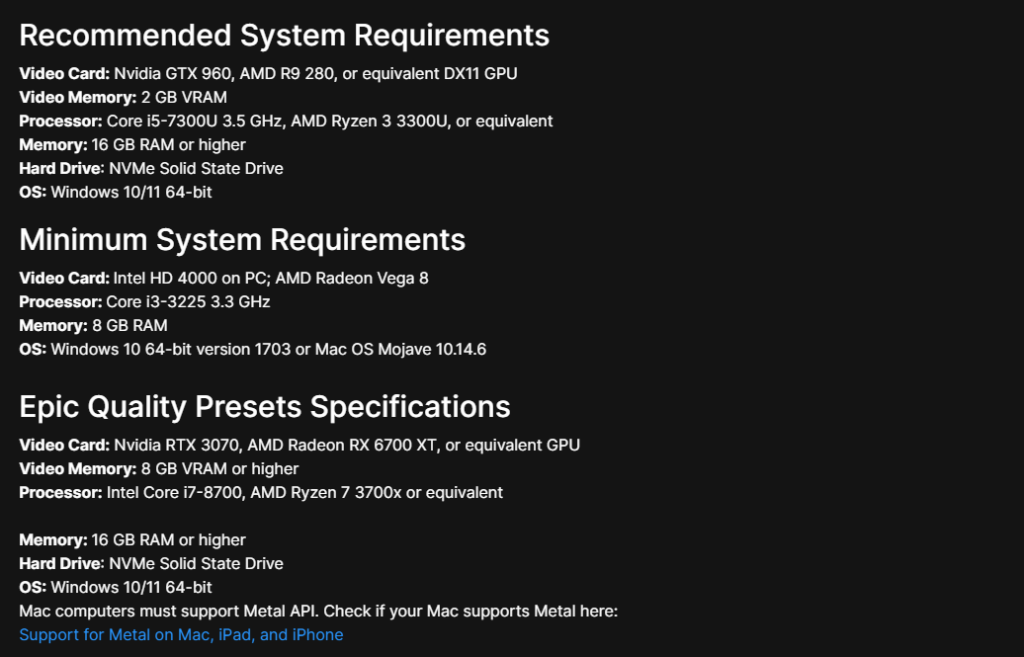
Apart from Fortnite, other Video Game developers have chosen to revise their requirements at the time of larger updates. For Cyberpunk’s update 2.0, CD Projekt Red decided to increase the minimum system requirements to reflect the graphical upgrades the game got.
And that wasn’t the only instance of this happening either, with games such as Baldur’s Gate and Final Fantasy 14 also increasing minimum requirements with certain updates.
Are They Actually Reliable?
In the case of most games, I found that minimum requirements can give you an idea of what type of hardware can actually “run” the game, but getting a playable experience might not be possible. Instead of solely looking at the listed minimum requirements, I suggest relying on benchmarks to gauge the performance of your PC on a particular game.
Even if your particular specifications haven’t been benchmarked, looking at results from similarly performing hardware components might actually give you a better idea of performance than most minimum requirements posted by developers.
That said, If you end up purchasing a game that fails to run on your PC, always remember that Steam has a refund policy for exactly that. As long as your playtime hasn’t exceeded 2 hours, you should be able to get your money back.
Thank you! Please share your positive feedback. 🔋
How could we improve this post? Please Help us. 😔
[Hardware Reviewer]
Hi! I’m Ali Tauseef, and I have been writing for Tech4Gamers since 2022. I love all things computer hardware but am particularly fond of CPUs and motherboards, and I like to stay up-to-date about the latest advancements in these worlds, and when possible, write about it. When I’m not doing that, I like to get into a little FPS action in CS2 or get lost in the vast world of RDR2.
Get In Touch: ali@tech4gamers.com


